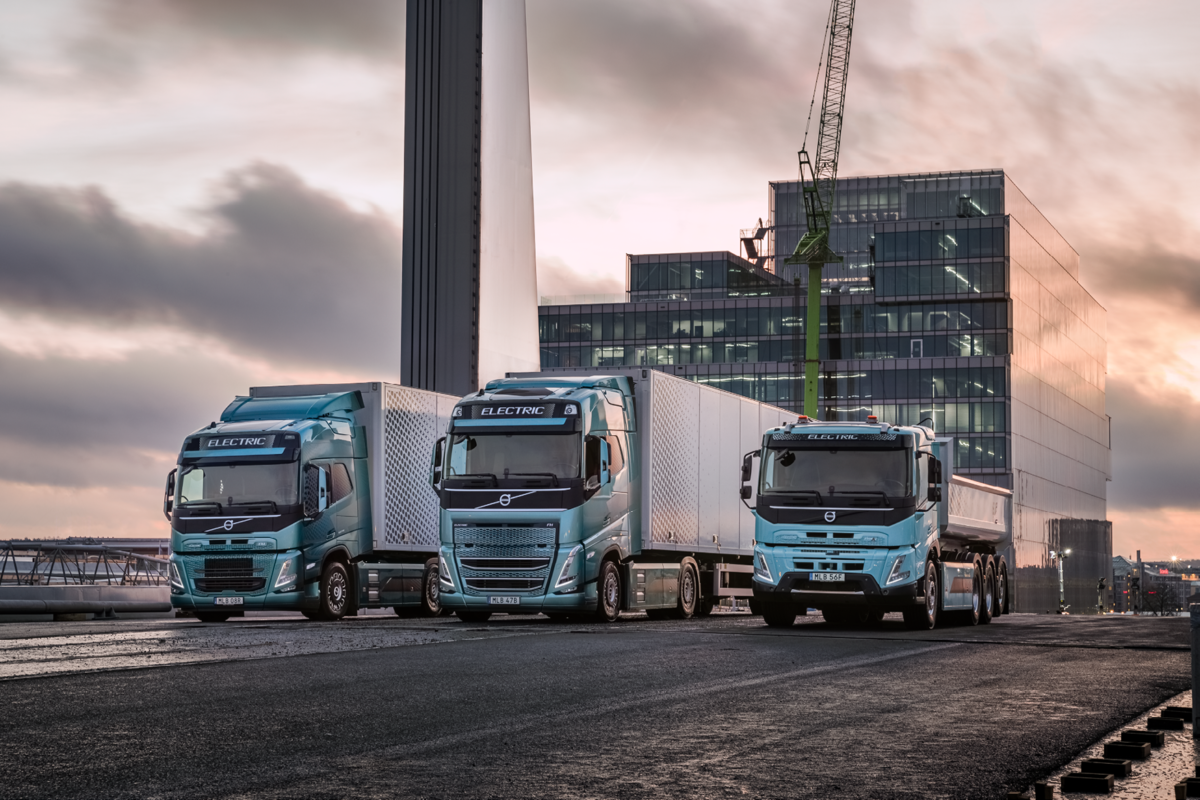As the first global truck manufacturer to do so, Volvo Trucks is now starting series production of heavy electric, 44 tonne* trucks.
Volvo Trucks is beginning series production of the electric versions of the company’s most important product range, its heavy-duty trucks: Volvo FH, Volvo FM and Volvo FMX. These trucks can operate at a total weight of 44 tonnes* and the three models represent around two thirds of the company’s sales.
With these new additions, Volvo Trucks has six electric truck models in series production globally – the broadest electric truck line up in the industry.
“This is a milestone and proves that we are leading the transformation of the industry. It’s less than two years ago since we showcased our heavy electric trucks for the very first time. Now we are ramping up volumes and will deliver these great trucks to customers all over Europe, and later on also to customers in Asia, Australia and Latin America,” says Roger Alm, President Volvo Trucks.
Series production of Volvo’s heaviest electric trucks will start in the Tuve factory in Gothenburg, Sweden and next year the factory in Ghent, Belgium will follow. Volvo produces the electric trucks on the same line as its conventional trucks, which gives high production flexibility and efficiency gains. The batteries are supplied by Volvo Trucks’ new battery assembly plant in Ghent.
The demand for electric trucks is rapidly increasing in many markets, with one driving force being the need for transport buyers to shift to fossil-free transports in order to meet their sustainability goals. Volvo Trucks’ electric portfolio could cover around45% of all goods transported in Europe today.**
“We have sold around 1,000 units of our heavy electric trucks and more than 2,600 of our electric trucks in total. We expect volumes to increase significantly in the next few years. By 2030, at least 50 percent of the trucks we sell globally should be electric,” comments Roger Alm.
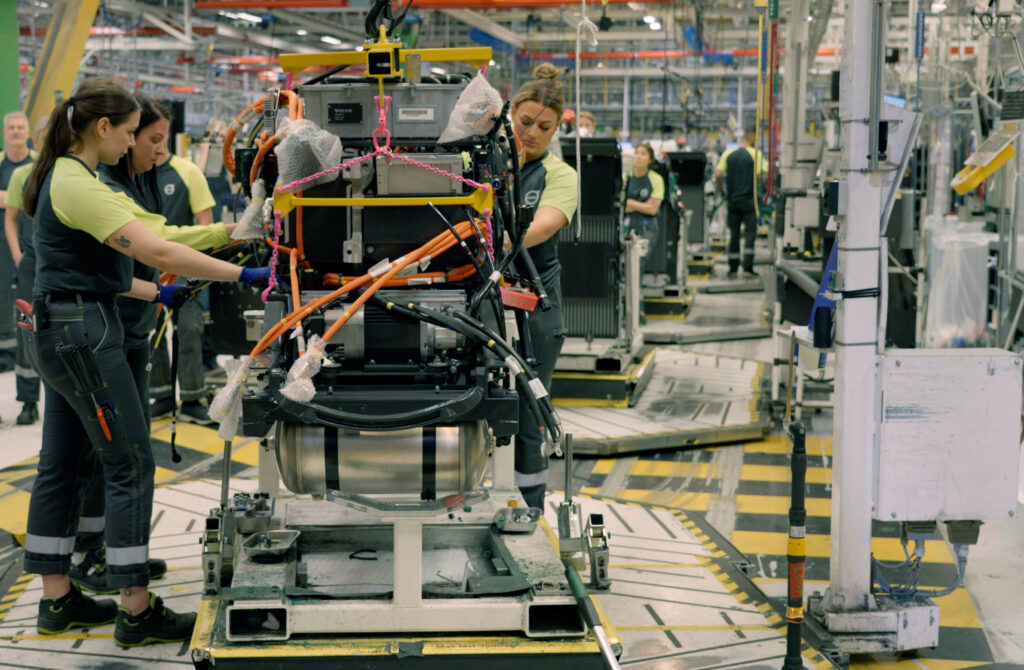

Volvo Trucks’ electric line-up of six truck models covers a wide range of applications such as city distribution and refuse handling, regional transport and construction work.
*Gross Combination Weight (GCW)
**According to Eurostat statistics “Road Freight Transport by distance” (2018),45% of all goods transported on road in Europe travel a distance of less than 300 km.
-
That’s a remarkable amount of work hours for a single machine, the Norcar 600 owned by Erkki Rinne is taken well care of, it even has the original Diesel engine.
-
Kieran Anders is a forestry contractor working in the lake district. His work involves hand cutting and extracting timber using a skidder and tractor-trailer forwarder.
-
It is not possible to eliminate chain shot, but there are simple steps that can be taken to reduce the risk.
-
Arwel takes great pride in the fact that the mill has no waste whatsoever, “the peelings are used for children’s playgrounds, gardens and for farm animals in barns in the winter and the sawdust has multiple uses in gardens and farms as well.
-
Timber hauliers need to encourage young blood in, and also look after the hauliers we have, we need make the sector a safe and positive place to work.
FIND US ON
Related Posts
Forest Machine Magazine is written and edited by a forest professional with over 40 years hands on experience. We are dedicated to keeping you informed with all the latest news, views and reviews from our industry.
To support us you can subscribe to our bi-monthly magazine which is delivered to your door from only £30 per year.
Subscribe here
#homeoflogging #writtenbyloggersforloggers #loggingallovertheworld
-

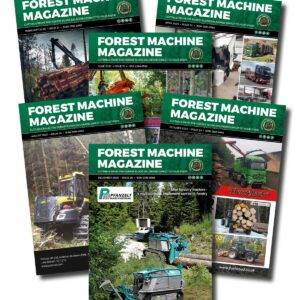 1 Year Subscription£0.00
1 Year Subscription£0.00 -

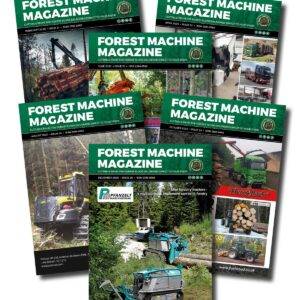 2 Year Subscription£0.00
2 Year Subscription£0.00 -

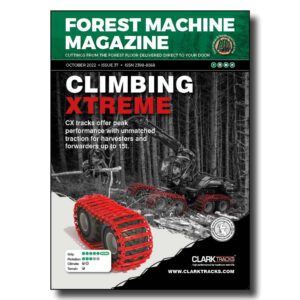 Issue 37£6.00
Issue 37£6.00 -

 Sustainable Logging: Powering The Planet T-Shirt£17.50 – £20.00
Sustainable Logging: Powering The Planet T-Shirt£17.50 – £20.00 -

 Sustainable Logging: Powering The Planet Hoodie£33.00 – £36.00
Sustainable Logging: Powering The Planet Hoodie£33.00 – £36.00

